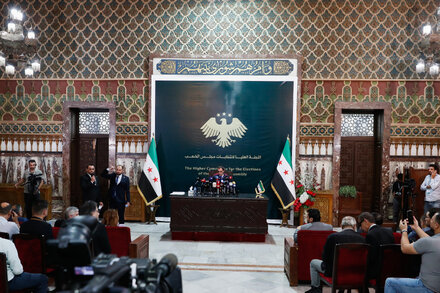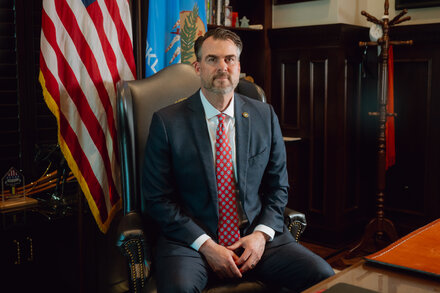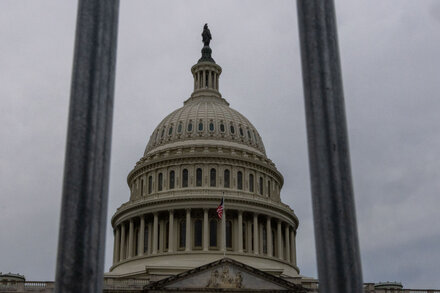A U.K. court has dismissed a terrorism charge against a rapper from the Irish hip-hop group Kneecap, bringing an end to legal proceedings that had drawn attention to the intersection of artistic expression and national security concerns.
The specific details of the charge and the individual rapper involved were not immediately publicized, but the dismissal confirms a legal victory for the group, known for its politically charged lyrics and advocacy for Irish republicanism and the Irish language.
Background on Kneecap and Controversies
Kneecap, comprised of Móglaí Bap, Mo Chara, and DJ Próvaí, has garnered international attention for their unique blend of Irish-language rap and often provocative commentary on socio-political issues in Northern Ireland. Their work frequently touches upon themes of Irish identity, history, and the aspiration for a united Ireland, which has at times placed them at odds with unionist politicians and some U.K. authorities.
The group’s performances and public statements have sometimes been met with controversy. They have been criticized for displaying symbols associated with Irish republicanism and for lyrics that some interpret as glorifying past conflicts. Supporters, however, defend their artistry as legitimate political and cultural expression, highlighting their role in revitalizing the Irish language and offering a voice to a younger generation in Northern Ireland.
The Dismissal
The decision by the U.K. court to dismiss the terrorism charge indicates that prosecutors were unable to meet the required legal threshold for conviction. Cases involving alleged terrorism offences in the U.K. are subject to rigorous legal scrutiny, often requiring substantial evidence to prove intent or direct involvement in proscribed activities. The dismissal underscores the challenges authorities face in distinguishing between politically charged artistic expression and actual threats to national security.
The outcome is likely to be welcomed by free speech advocates and cultural organizations who have previously voiced concerns about potential overreach in applying terrorism legislation to artistic and political commentary. The rapper and the group have yet to issue an official statement regarding the dismissal, but the decision removes a significant legal hurdle for one of its members.
The case had sparked wider discussions regarding freedom of expression, the historical context of political identities in Northern Ireland, and the role of art in reflecting and challenging societal narratives.
Source: Read the original article here.





